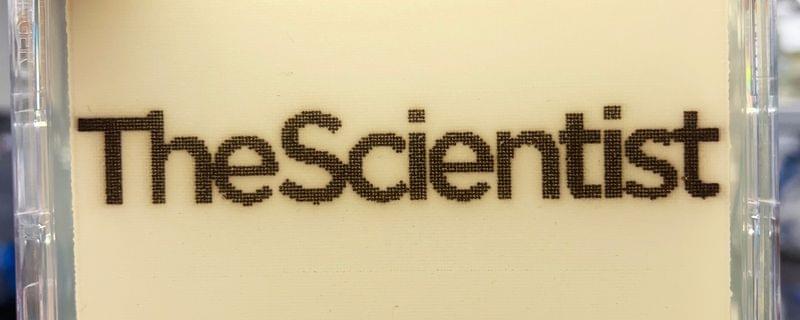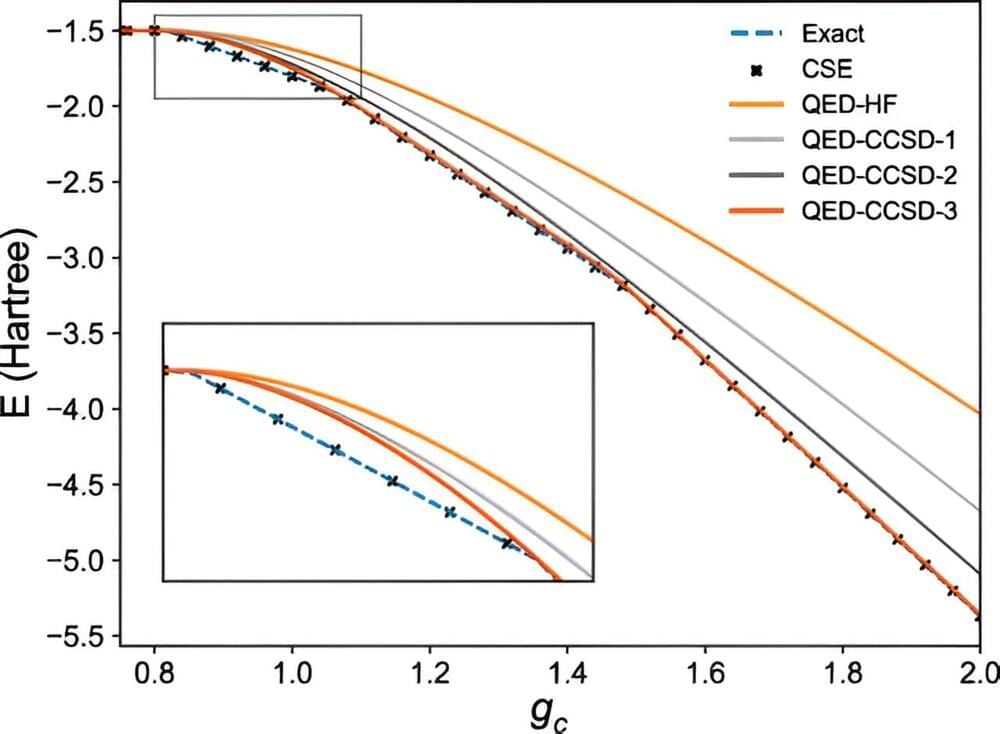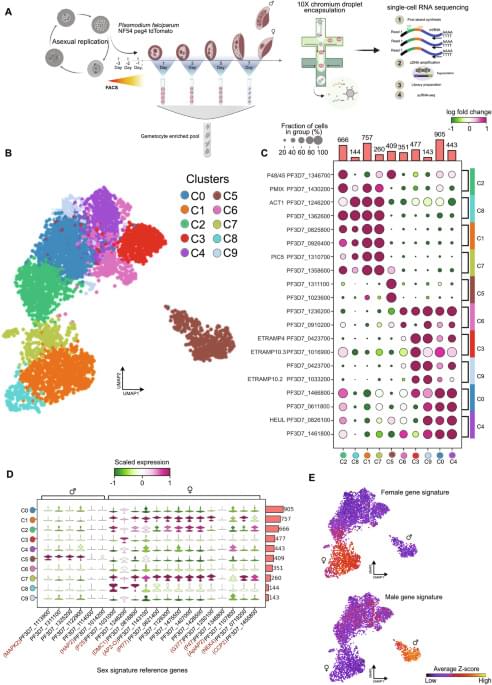Jef Boeke and his team create intricate works of art on Petri dishes using a palette of yeast paints.


Certain fields of academia, particularly those influenced by postmodernism and critical theory, have become corrupted by a focus on ideology over truth, leading to a lack of intellectual rigor and a stifling of rational discourse.
Questions to inspire discussion.
What is the Sokal hoax?
—The Sokal hoax was a 1996 academic hoax where physicist Alan Sokal published a fake paper filled with nonsensical postmodern jargon in a Duke University journal to test if postmodern cultural critics would accept a nonsensical argument. The hoax exposed the abuse of scientific terminology to make political points in academia.
Discover how a patched Microsoft 365 Copilot vulnerability could have led to data theft using ASCII smuggling and prompt injection techniques.


A study coordinated by the University of Trento with the University of Chicago proposes a generalized approach to the interactions between electrons and light. In the future, it may contribute to the development of quantum technologies as well as to the discovery of new states of matter. The study is published in Physical Review Letters.
Panpsychism vs. Panprotopsychism?Interview from the Conference “Emergence and Panpsychism” in Munich 2011.More information and the complete list of videos he…


P. falciparum (malaria) transmission includes the development of male and female parasite forms called gametocytes, which are taken up by the Anopheles mosquito. The authors of this study use single cell transcriptomics to define the transcriptional programs, identify key regulators and predict novel genes, involved in driving the male and female sexual cell fates.

When Sam Payne reviewed a paper in March for Elsevier’s BioSystems, he didn’t expect to come across a figure he had created in his research. He quickly scrolled through the rest of the paper to find more figures, all copied from his work.
“It’s so blatant,” Payne, an associate professor of biology at Brigham Young University in Provo, Utah, posted on X.
Although the journal rejected the paper at Payne’s recommendation, he worried the authors would try to publish elsewhere.

Carl Kocher demystifies quantum entanglement through experimental evidence, challenging classical physics and enriching our understanding of quantum paradoxes.
Quantum entanglement may be hard to get your head around, but it’s believed to be the key to future technological applications in quantum information. In this guest editorial, inspired by his new article in Frontiers in Quantum Science and Technology, Prof Carl Kocher explains his groundbreaking 1964–67 experiments in quantum entanglement and helps us stretch our minds to understand this apparently paradoxical phenomenon.
My new article, ‘Quantum Entanglement of Optical Photons: The First Experiment, 1964−67’, is intended to convey the spirit of a small research project that reaches into uncharted territory. The article breaks with tradition, as it offers a first-person account of the strategy and challenges for the experiment, as well as an interpretation of the final result and its significance. In this guest editorial, I will introduce the subject and also attempt to illuminate the question ‘What is a paradox?’